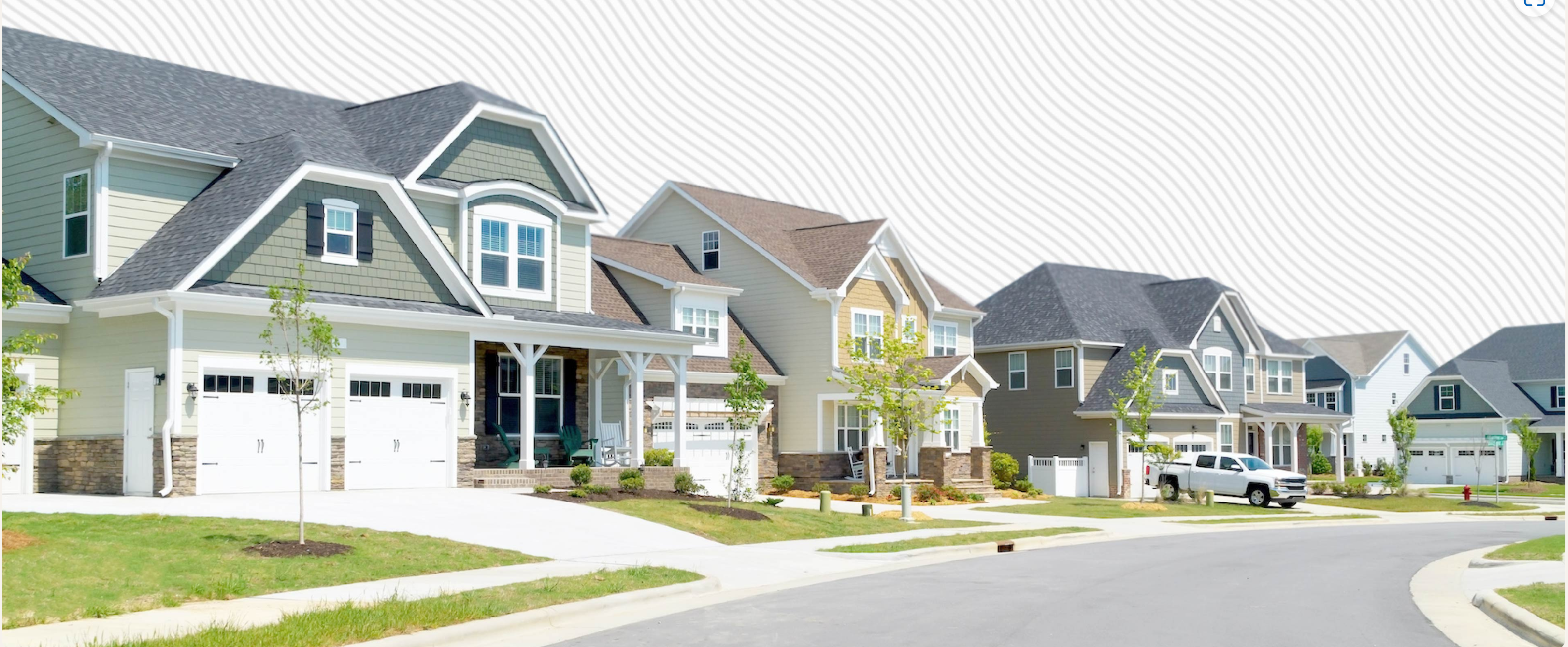How to Work with a Real Estate Developer: A Comprehensive Guide
buymeacoffee.com/kaysogy/how-work-real-estate-developer-a-comprehensive-guide
 Working with a real estate developer can open doors to exciting investment opportunities, whether you’re buying a new home, investing in property, or collaborating on a large-scale development project. Real estate developers play a crucial role in shaping properties and communities, making it essential to understand the process and build a productive working relationship. In this guide, we’ll walk you through the key steps to successfully work with a real estate developer.
Working with a real estate developer can open doors to exciting investment opportunities, whether you’re buying a new home, investing in property, or collaborating on a large-scale development project. Real estate developers play a crucial role in shaping properties and communities, making it essential to understand the process and build a productive working relationship. In this guide, we’ll walk you through the key steps to successfully work with a real estate developer.
1. Understanding the Role of a Real Estate Developer: A real estate developer manages the process of creating new properties — from purchasing land and obtaining permits to overseeing construction and selling or renting the final product. Developers coordinate with architects, contractors, government officials, and financial institutions to bring real estate projects to life. Whether you’re interested in residential, commercial, or mixed-use developments, knowing what a developer does is the first step to a smooth collaboration.
2. Researching Potential Developers: Before committing to working with a developer, conduct thorough research:
Check Their Track Record: Look at their past projects and assess quality, design, and project timelines.
Read Reviews and Testimonials: Client feedback gives insight into reliability and professionalism.
Assess Financial Stability: A developer with solid financial backing is less likely to face project delays or cut corners.
Verify Licenses and Certifications: Ensure the developer complies with local regulations and industry standards.
Utilizing online property listings and real estate mobile apps can help you gather valuable information on developers in your target market.
3. Defining Your Real Estate Goals: Are you looking to buy a newly built home, invest in a rental property, or partner on a large-scale project? Clarifying your objectives helps align expectations and ensures a smoother process. Popular goals include:
Purchasing a primary residence
Investing in rental properties for passive income
Collaborating on development projects for long-term growth
Tools such as property valuation tools and real estate market trends reports can help refine your investment strategy.
4. Establishing Clear Communication: Strong communication is key to any successful partnership. When working with a developer:
Schedule Regular Updates: Keep track of project milestones.
Use Digital Tools: Platforms like real estate automation tools and cloud-based real estate solutions streamline communication and document management.
Clarify Expectations: Ensure both parties are aligned on timelines, costs, and responsibilities.
5. Understanding Financial Aspects: Real estate development involves significant financial commitments, so it’s vital to:
Explore Financing Options: Whether through traditional loans or innovative mortgage financing options, secure funding early.
Negotiate Payment Terms: Understand the payment schedule — many developers work with phased payments tied to project milestones.
Account for Hidden Costs: Factor in expenses like permits, design changes, and unexpected construction delays.
6. Evaluating Contracts and Legal Matters: Before signing any agreements:
Hire a Real Estate Attorney: Legal professionals ensure contracts are fair and protect your interests.
Understand Contingencies: Many contracts include clauses for project delays, changes in material costs, or unexpected zoning issues.
Secure Data Privacy: If digital systems are involved, ensure real estate data security is in place to protect sensitive information.
7. Monitoring Construction and Quality Control: Once the project is underway:
Conduct Regular Inspections: Periodic site visits help ensure the project aligns with agreed-upon standards.
Utilize Remote Inspection Tools: Remote property inspections provide a convenient way to monitor progress without being physically present.
Stay Informed on Sustainability: Many developers now incorporate sustainable real estate practices to improve energy efficiency and long-term value.
8. Navigating the Handover Process: As the project nears completion:
Perform a Final Walkthrough: Inspect the property for any unfinished work or defects.
Verify Compliance: Ensure the property meets all legal and safety standards before signing off.
Leverage Technology: Developers often use digital property management tools to help new owners or investors manage properties post-completion.
9. Building Long-Term Relationships: If you’re planning multiple projects, fostering a long-term relationship with a reliable developer can lead to better opportunities, priority access to new projects, and even cost savings. Attend industry events, maintain open lines of communication, and stay informed on emerging real estate market trends to keep your partnership thriving.
Conclusion: Working with a real estate developer can be a rewarding venture, whether you’re buying a new home, investing, or collaborating on a large-scale project. Success lies in thorough research, clear communication, sound financial planning, and understanding the developer’s processes. Leveraging tools like real estate automation, property valuation tools, and cloud-based real estate solutions can streamline your experience, ensuring a smooth journey from project inception to completion. By applying these strategies, you can build a solid partnership with your developer and make well-informed decisions that align with your long-term goals in the ever-evolving real estate landscape.
Comments
Post a Comment